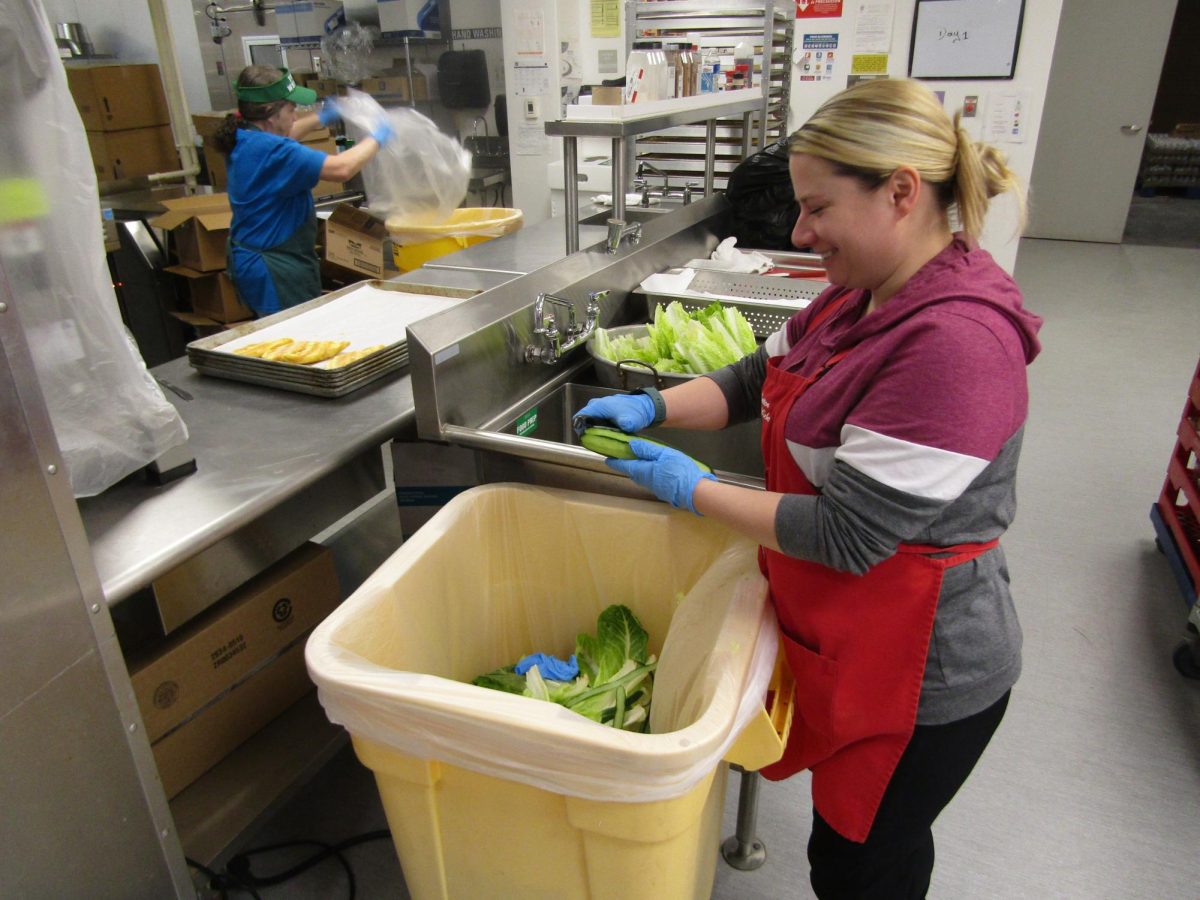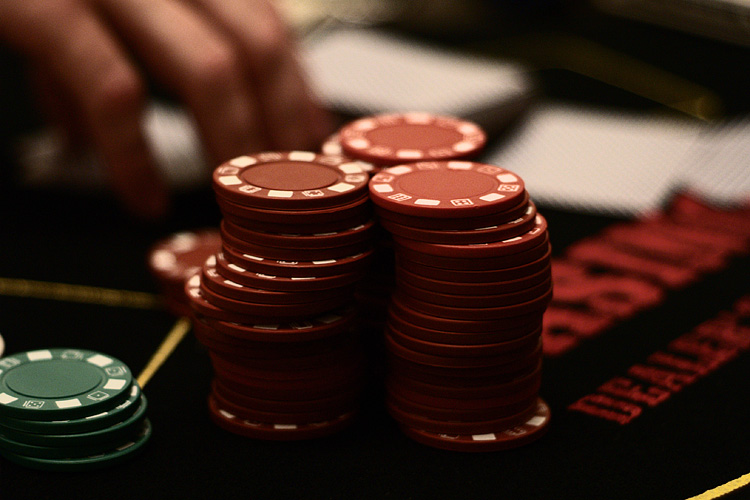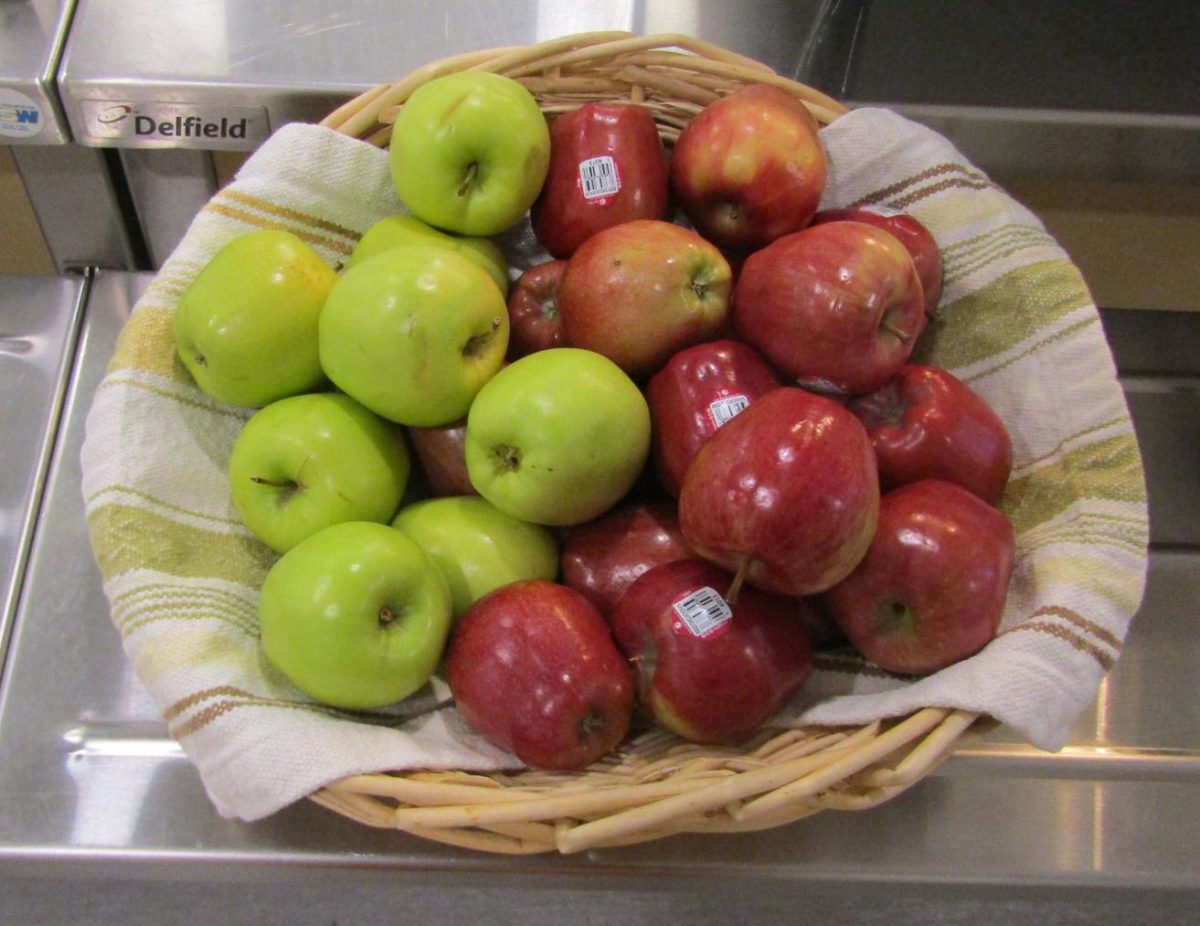Are Juice Cleanses Really Good for You?
This is a juicy topic
September 30, 2022
If you’re considering doing a juice cleanse, it’s important to weigh the pros and cons of the process.
Before I dive into the good and bad of a juice cleansing diet, let me explain what goes into a juice cleanse. It involves drinking only juiced fruits and vegetables with water for anywhere between one and seven days, depending on one’s goal.
Juice cleansing is often referred to as “detoxifying” your body. In reality, you aren’t detoxifying anything, you’re just adding sugar into your system which in time can increase your blood pressure. This gives your body short spurts of energy then quickly makes you feel tired afterwards.
The reasons why people might start a juice cleanse include getting rid of “toxins” in your body and losing weight. I’m not sure why people would be trying to get rid of toxins that are in our bodies because they don’t exist. If there were toxins in us we would quite literally be dead.
Losing weight while on a cleanse is definitely achievable since you wouldn’t be eating solid foods, and therefore you are bound to lose weight. Once you start eating solid foods again, you will gain all the weight back. So it’s not effective long term.
To effectively lose weight in the long run you have to make changes in your lifestyle. That means changing the way you eat and exercising more.
Fruits and vegetables alone are healthier for you when they aren’t juiced. Juicing a fruit removes the fiber from it. Fiber keeps your digestive system functioning in a healthy way. It can also contribute to reduced risk of chronic illnesses, like obesity and diabetes.
You may be thinking, “Doesn’t juice contain a lot of sugars?” and while you may be right, it depends on how much fruit you are pressing. If it is more fruit than you would typically eat whole than it’s probably too much fruit which means too much sugar.
A very popular kind of juice is celery juice. Celery contains vitamin C, potassium, and vitamin A, but it is not shown that it is healthier in juice form. Studies have been done on celery juice and it’s effects on blood pressure and as an antioxidant. There are also claims of using it as an antibacterial, anti-inflammatory, and for lowering blood sugar. It’s vibrant green color also attracts many views on Instagram, but none of that makes it a good idea.
Juice cleanses might be beneficial for somebody who struggles to get their daily amounts of fruits and vegetables but this could start other problems. Since most juices don’t contain many calories, when going on a juice cleanse you could experience headaches, dizziness, and drowsiness.
Additionally, if you have kidney disease you should not be partaking in a juice cleanse for many reasons. The kidney’s responsibility in your body is to remove the oxalate, which can be found in many juices. Oxalate binds to calcium and then forms kidney stones.
The science of detoxifying using juice cleanses is still being researched, so don’t fall for the marketing that you see online. If you are still interested in consuming your fruits in a liquid form then try smoothies. A great way to add protein to smoothies is by adding protein powder, Greek yogurt, or milk. You can still get the nutrients from the fruits plus, benefits of fiber, this will keep you feeling fuller for longer.


































